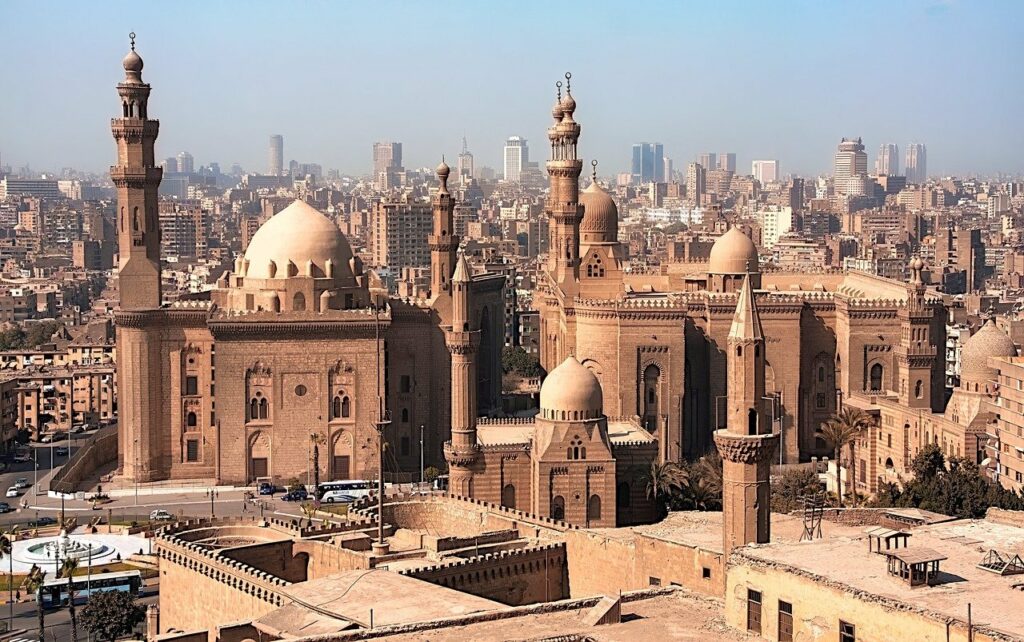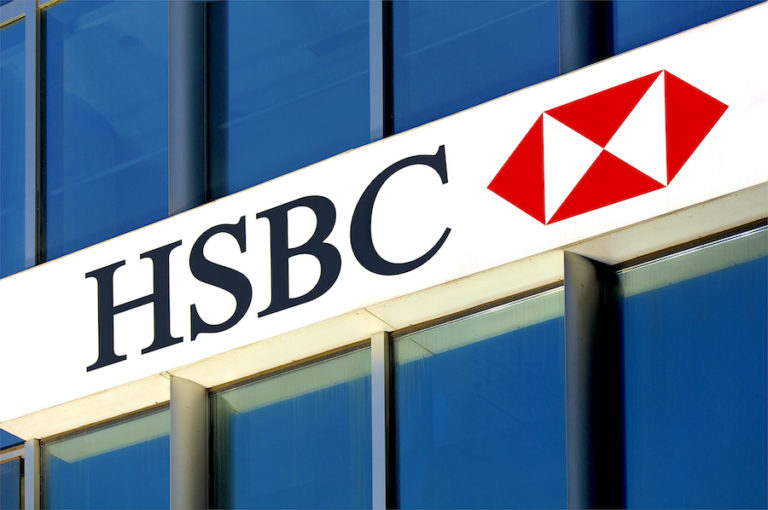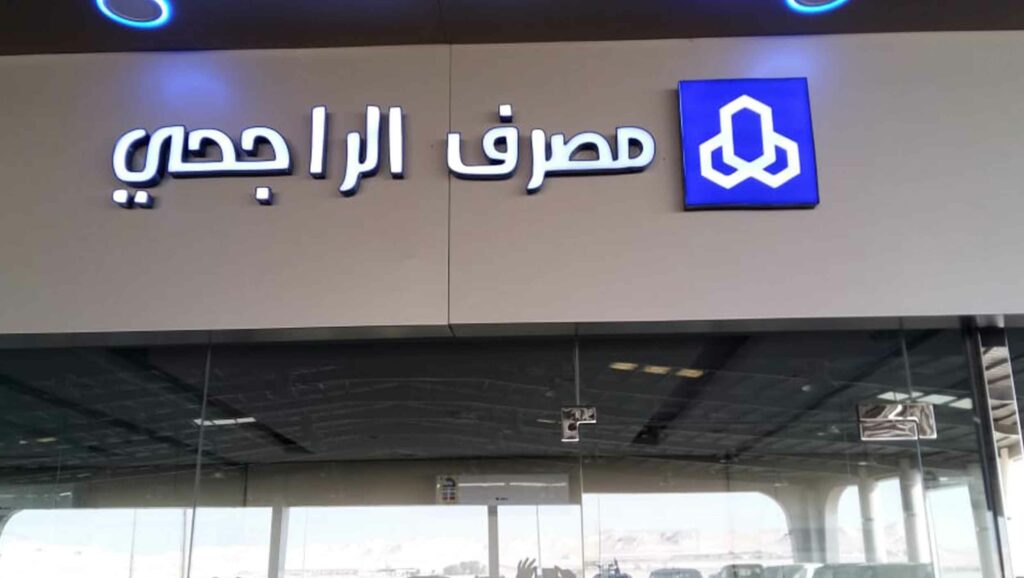Best Savings Accounts For Expats In Egypt part 1 – that will be the topic of today’s article.
Before introducing this article, if you are interested in our core services which are expat financial, insurance and mortgages, you can contact me here.
The best time to consider your financial situation is when you are moving to a new country.
Introduction
Many people are moving abroad these days, and it’s no surprise. The world is becoming increasingly globalized, many career paths now require expatriation to remain competitive in the job market, and much of the planet has become more accessible due to advances in transportation.

However, this has left many expats without a place to call home base, and as such, many that move abroad look to open a savings account in whatever country they choose to live in. Meanwhile, this is easier said than done for those living and working abroad, as not all banks offer services or accounts specifically designed for expats.
In addition, there are other hurdles you will need to overcome – such as finding a bank that accepts foreigners and having a foreign credit history. This article will highlight some of the best savings accounts for expats in Egypt currently available on the market.
By considering both interest rates and other features, you should find the best savings account for your needs. Have you been craving to know the best savings accounts for expats in Egypt? This is the right platform! Without further ado, below are the things you should know. Continue reading!
Best Savings Accounts for Expats in Egypt
1. National Bank of Egypt

The National Bank of Egypt is considered one of the world’s safest banks and is a popular choice for expatriates living in Egypt. One of the most notable features about this bank is that it offers free international transfers on all accounts, another plus for its customers.
Other features include:
- The ability to obtain special savings account for students studying abroad
- 400 EGP monthly maintenance fee (subject to change)
- 1% interest on the daily balance, subject to a minimum of 100 EGP every month. There is also a limit on how much you can earn in any given year. If you earn more than that, you will be required to pay taxes on it.
2. Commercial International Bank Promotional Savings Account
The CIBC offers special savings account for all university students abroad, which are designed to help students return home without any difficulty after graduation. It also features free international transfers. All other details are the same as the National Bank of Egypt.
3. Misr American International Bank
The Misr AIB offers a savings account designed for expatriates living in Egypt and features several benefits, including:
- A special debit card is issued specifically to customers who wish to withdraw money from foreign ATMs
- Ability to make international transfers completely free of charge
- Additional EGP 2 monthly fee
If you are looking for an easy way to transfer money back home or even just a bank account designed with expatriate customers in mind, you can’t go wrong with any of these three choices. They all offer features tailored specifically to the needs of the foreign community in Egypt.
4. HSBC Savings Account

HSBC is one of the world’s most popular banks and has large branches in many nations. It offers a savings account designed specifically for expats worldwide.
Features include:
- Unlimited free international money transfers, 24 hours every day of the year
- No monthly charges or fees – even when you operate at a loss for several consecutive months
- Services are available in many languages, including Arabic, English, and French. You can also obtain a special debit card for those who wish to withdraw money from foreign ATMs
- No minimum balance is required to be kept in the account at any time. Even if your balance drops dangerously low, you will still be able to use your account
- Accumulation of interest every month and withdrawal of funds at any time without penalty
5. Qatar National Bank (QNB)
The QNB offers a wide range of products that can suit the unique needs of expats living in Egypt. These include:
- Savings accounts designed for students studying abroad, with no monthly fees and unlimited international transfers allowed
- A special debit card that can be used worldwide, including at ATMs outside of Egypt
- Completely free registration for non-Egyptian nationals
- No minimum balance is required to be kept in the account, and withdrawal of funds at any time is possible
6. Al Rajhi

Al Rajhi is one of Saudi Arabia’s largest banks and has recently begun opening branches in Egypt. Its savings accounts come with several features designed with expats in mind:
- Unlimited international money transfers at no charge
- Ability to withdraw funds from outside ATMs at any time without charge (dollars and pounds only)
- No monthly or quarterly maintenance fees and no minimum balance are required (with the exception of accounts specifically designed for students studying abroad). However, you must make a minimum of 3 withdrawals per month in order to avoid being penalized with extra charges.
7. Faisal Islamic Bank
Faisal Islamic Bank is one of the most popular banks in the Gulf region, and it also operates several branches in Egypt.
Features offered on FIB’s savings accounts include:
- No monthly fees despite maintaining an account balance under 200 EGP every month
- Renewing your account every year is completely free of charge, even if you have not performed any transactions or transfers during that time
- You can withdraw money from outside ATMs at any time without charge, including foreign currency denominations. This is the only Islamic bank that allows this service, and it is available in many different languages to accommodate international customers
- Ability to make free international transfers through FIB Global Transfers, which use a simple online system rather than sending paper money orders or personal cheques
- FIB also offers several student accounts with the same features as their regular savings account but lower monthly fees for students studying abroad. They come in three different flavors: one for students in Egypt, another in the Gulf Countries, and a third for those studying in foreign countries.
8. National Bank of Egypt (NBE)
The NBE offers savings accounts designed specifically with the needs of expats living in mind. It has a wide network of branches across major cities in Egypt to serve its customers more efficiently. Some features of the NBE include:
- No monthly fees for those operating on an average monthly balance of 10,000 EGP or less
- Unlimited international transfer services free of charge to those who meet the minimum balance requirements (15,000 EGP every month)
- No penalty fees even if your account falls into deficit and you cannot cover it at any one time
- Ability to withdraw funds from outside ATMs at any time
- A free debit card for those operating a saving account with the NBE, valid all over Egypt and worldwide. This can be particularly useful for those living abroad who wish to send money home to family members or pay outstanding bills without incurring any charges
- Facilities available in several languages to serve its international
What to Know About Banking System in Egypt
The banking industry has improved since Egypt opened its doors for international business. The 1990s saw an expansion of foreign banks in Egypt, with Citibank and HSBC leading the way.
Today, there are over fifty different bank branches to choose from in Egypt, meaning that customers have more options than ever before. Banking is a huge part of Egyptian culture, so expats need to know how things work. Here are some tips that will help you understand the banking system in Egypt more clearly.

Opening a Bank Account
Opening an account is not as easy as it might be at home. Foreigners looking to open a bank account in Egypt will need to bring an original passport with a visa stamp and two copies of their international driving permit. However, most banks ask for more than this, so it’s best to check with your local bank beforehand.
Once you’ve established which bank is most suitable for you, go down to the branch during opening hours with your passport, driving license, and copies of all your documents with you. Make sure you have a local contact number in case the bank needs to contact you.
Services That Bank Provide
Opening an account is just the beginning; banks in Egypt offer different services to suit every requirement. Some branches cater specifically to students or expatriates, as well as banks that specialize in business accounts and financial advice. Once you’ve opened your account, you might be surprised to find out how much more your bank can offer.
If you’re a student, you will be able to take advantage of free educational workshops and academic seminars on various topics. If you’re an expat, your bank might have a dedicated English adviser who is on hand to answer any questions or solve any problems that arise. Check with your bank before you join to find out what services are available to you.
Bank Transfer in Egypt
Transferring money from your foreign account to your Egyptian one through the international banking system might be difficult, as it will vary from bank to bank. Some banks have their dedicated service for this, which you can use instead of going through the international banking network – you should ask your local branch if this is available.
Transferring money through Egyptian banks will be much cheaper than using the international banking system. If you’re sending a large amount of money, an Egyptian bank transfer might save you a lot of cash in foreign currency charges.
Opening Hours and Availability
Opening hours for branches across Egypt vary between eight in the morning and one or two at night. It’s best to visit your local branch during opening hours for information about how you can get in touch with them.
If you’re looking for specific services that your bank might be able to provide, then there is no substitute for speaking to an adviser face-to-face. Although mobile banking services are increasing, these banks will only help you if your branch is open.
Getting Advice on Finance
If you need any advice regarding financial or business matters, your bank is the ideal place to start. Many branches now offer dedicated advisers who can provide free information and support for expats with different backgrounds.
If you’re an expat trying to figure out how to deal with money transfers or how many cheques you should open to keep your account in the black, then a bank adviser will help guide you through these tricky issues. Even if it’s not their specific area of expertise, every good bank has people who are willing to help – just ask.
Requirements to Open a Savings Account in Egypt

The financial market in Egypt has been facing a revolutionary change in recent years. The rate of inflation and budget deficit has been escalating, while budgets for governmental social programs have been shrinking. To get ahead in this very competitive era, saving money becomes a must not only for individuals but also for companies.
For individuals who want to save their money, the first thing to do is open a savings account at one of the many banks in Egypt. The process of opening an account isn’t that difficult; however, different banks have different requirements depending on your age and other factors. For instance, if you are under 18 years old or older than 65 years old, your parents must sign for you before opening the account.
If you are between 18 and 60 years old, here are five requirements to be fulfilled to open a savings account.
- Valid ID card or passport
- Work permit if non-Egyptian
- Bank references (from different banks)
- An initial deposit of 1000 Egyptian pounds
- Monthly service fee should be paid to continue using the account
So, if you fulfill these requirements and meet all the bank’s non-negotiable terms, don’t hesitate to open a savings account today. By doing so, you will save a good amount of money throughout your life. Keep in mind that the value of the US dollar is currently equivalent to 15.64 Egyptian pounds, so you should consider this factor when deciding how much money to deposit in your account.


